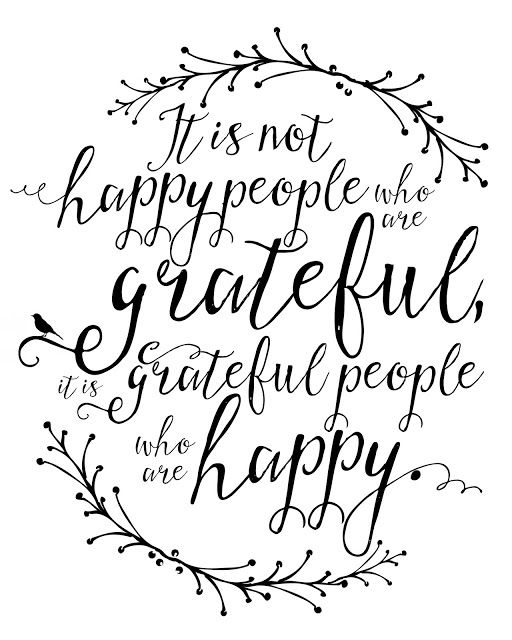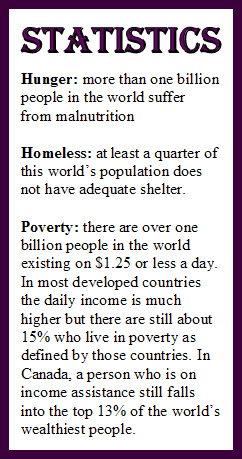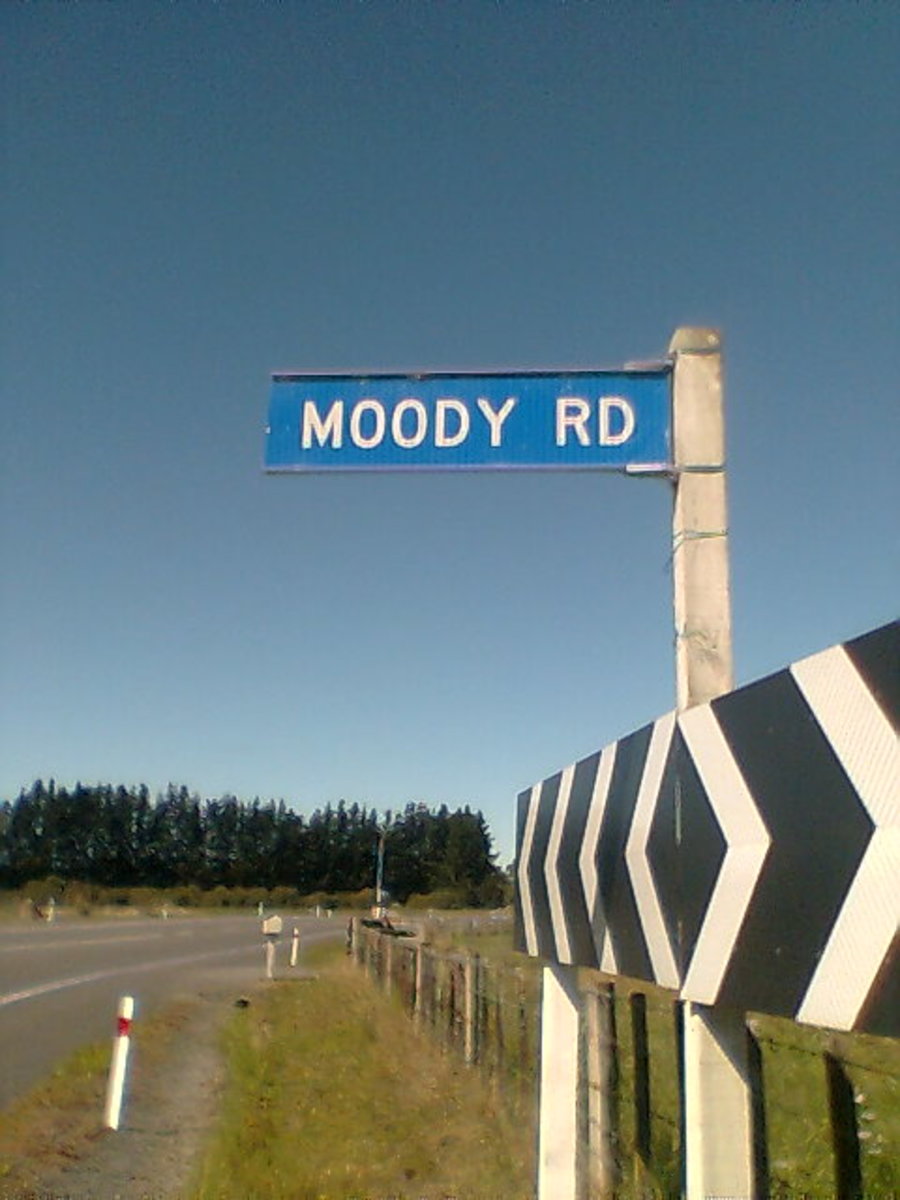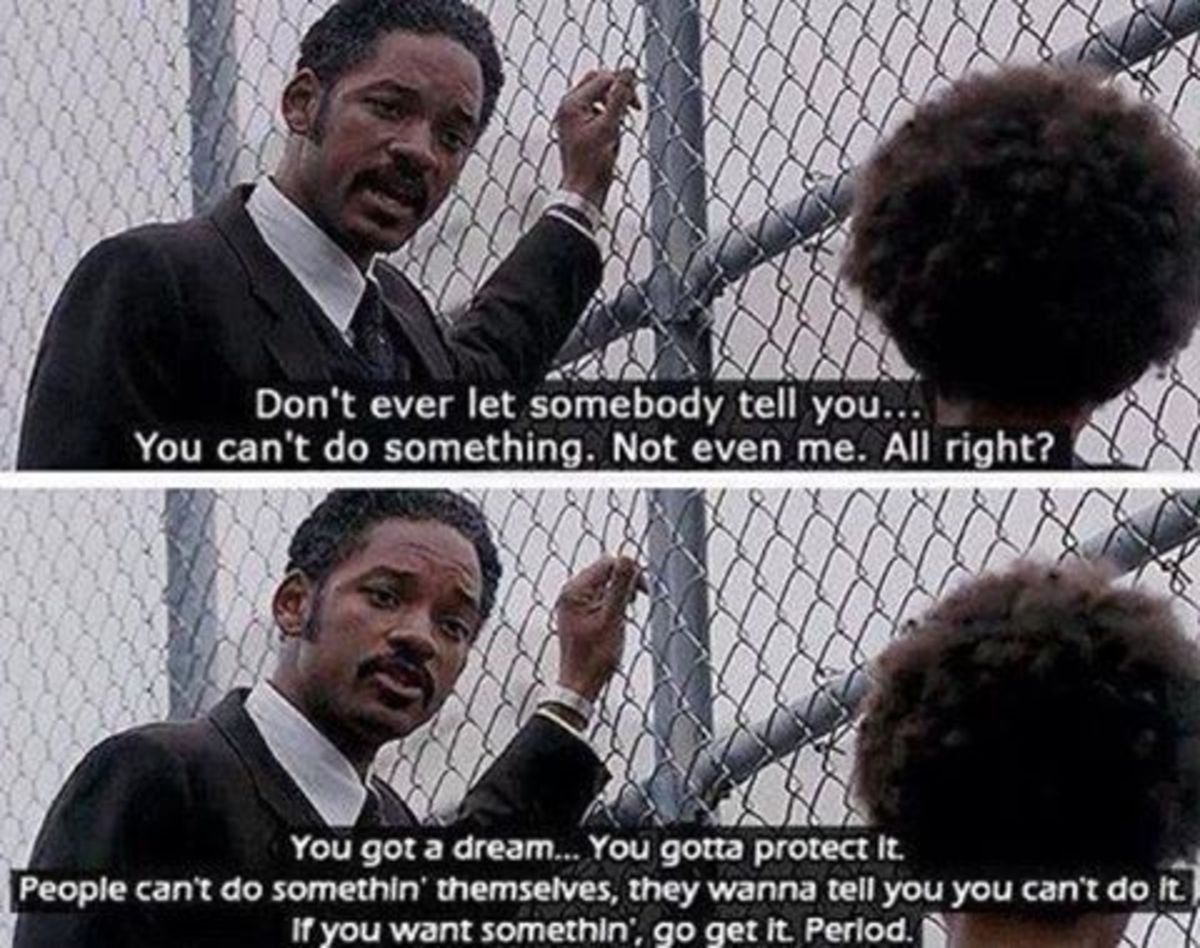You Can Be Happy If You Choose to Be Thankful

“Don’t worry, be happy!”
Remember that song by Bobby McFerrin? No matter what happens in life, don't worry, be happy! It was a ditty, once heard, most people could not forget no matter how hard they tried.
“Rejoice always, pray continually, give thanks in all circumstances.”
(1 Thessalonians 5:16-18 Bible, NIV)
"Happiness is a choice."
"I would maintain that thanks are the highest form of thought; and that gratitude is happiness doubled by wonder."
~G.K. Chesterton~

"Happiness is an Emotion, Thankfulness is a Choice"
Is it really possible to maintain a state of happiness all the time? Let’s take a look at what happiness means before we answer that question. It is defined in Webster’s dictionary as, “a state of well-being and contentment; a pleasurable or satisfying experience .” From that definition, it does not seem possible to remain in a state of happiness 24/7 and yet people strive for it continually and feel entitled to it. They adopt a victim mentality thinking they would be happy if this (or that) had not happened to them, or if another person had not hurt them. Most people feel like they have no control over any of it at all. Are we indeed victims to this illusive happiness?
I remember years ago being in a situation where I was struggling with severe depression. The people around me at the time felt that if I would just choose to be happy it would all go away. I was overwhelmed and felt helpless to change my circumstances and did not have the skills to cope with the conflict within and around my life. I did not feel happy and saw no means to make that happen. What was I missing? I came from a background where negative emotions were not accepted and only positive ones were allowed to be displayed. I knew how to bury my emotions and carried them inside but that was not working for me—it was destroying me. So, just putting on a happy face was (and is) obviously not the answer.
People face many heartbreaking, difficult circumstances in life that evoke every emotion except happiness. A loved one dies, a needed job is lost due to cutbacks, a child is using drugs; these are all things that will cause feelings of grief. In times like this, grief is exactly what needs to be felt and expressed because that is the appropriate response to the situation. We tend to be afraid of our negative emotions and choose to bury and/or avoid them at all cost. These buried emotions will surface at some point, whether through difficulty in relationships or perhaps in even more severe ways, through mental or physical illness. In some cases it escalates to severe symptoms controlled only with prescription medication, alcoholism, or street drugs to mask the pain inside. If we learned how to deal with our negative emotions, we could alleviate a lot of stress leading to illness. On a daily basis we face less stressful circumstances but they still evoke feelings of unhappiness within us. Rather than mask these negative emotions we need to find a constructive way to process them and move on to a sense of well-being. While we don’t necessarily choose our emotions, we can take control over what we do with them and how we handle them.
Perhaps the best way to work through these darker emotions is in a lament. A lament, in the traditional sense, is a poem in which is expressed complaint, grief, regret, loss or misfortune as well as thankfulness. There are many examples of laments such as in the Iliad, the Odyssey, and in the Bible (i.e. Lamentations, Job, Psalms, etc.) In a lament those deep feelings of anger, despair, remorse and helplessness can be expressed. The Psalms, which are often thought of as praises, contain many laments where heartfelt honesty is poured out in its raw form—not particularly kind or politically correct. But they are not expressions of intent, only cries from the heart over what is happening in the moment—what we would call venting. A lament is a means to vent and express what is really felt. Journal writing as one way to do this, but each person needs to find their own unique method which enables them to do this in a private way.
Laments often follow a set format but this is a simplified three-part version. The first part, which may be addressed to God, describes the situation or circumstance (as you see it.) The second part includes your emotional vent—anything goes. Describe how you feel, what you need, how you want things to change, why you feel it is unjust or unfair, how you feel towards others who are a part of it all, etc. The third part is perhaps the hardest. Once the emotions have had an avenue of expression an amazing things happens—it releases an opening in the heart for thankfulness. Find at least one thing in this situation or circumstance that you are thankful for (or are willing to become thankful for.) Being thankful is definitely a choice we can make no matter what our circumstances are.
To give thanks does not mean to be happy with everything in your circumstances. In fact, those very circumstances may be very grievous and heartbreaking. Even in those situations, however, there are still things to be thankful for—a person dear and near to your heart may have died and you are heartbroken. While you most certainly do not feel happy about this loss, you can be thankful for many things, including the memories you have of time spent together with that individual. Many laments expressed deep feelings of anger, despair, remorse, hopelessness...and yet, in the midst of those deep emotions emerged a sense of thankfulness...some nugget of thanksgiving that raised the person out of their pit of despair and hopelessness and gave them a new perspective on their situation.
What can you be thankful in this moment? No matter how bleak you feel, no matter how overwhelming the situation seems, what can you be thankful for? Do you enjoy hearing a bird singing outside your window, the laughter of a child at play? Do you appreciate cuddling on the couch with your pet, or a hug from your spouse/friend/child? What about the fact that you have a roof over your head, clothes to wear, food to eat? When we are discouraged we tend to look down at the ground and miss seeing the sunshine in the sky or the colors of the leaves on the trees. When we avoid looking people in the eye, we miss the smile of a stranger that could cheer our day. Each of us can make a choice to be thankful, no matter how little that effort might be.
Being hard pressed to find something to be thankful for, think of people that might be worse off than you—often you just have to turn on the TV or read the newspaper. Remember being told as a child when you didn't want to eat what was put before you, "think of all the starving people in the world who have nothing!" I know, it's overused and sometimes it just gets "old!" But, it's true, isn't it? There are lots of people who don't have adequate shelter, clothes to wear, food to eat (see statistics), a job, friends, or even family. Why do we usually compare ourselves to those who have more than we do and then feel cheated when we could compare ourselves to those who have less and feel thankful? We can be happy if we choose to be thankful—and we all have something to be thankful for!

Psalm 44
(Bible, the Message)
A Psalm of the Sons of Korah
(a lament)
We've been hearing about this, God, all our lives. Our fathers told us the stories their fathers told them, How single-handedly you weeded out the godless from the fields and planted us, How you sent those people packing but gave us a fresh start. We didn't fight for this land; we didn't work for it—it was a gift! You gave it, smiling as you gave it, delighting as you gave it.
You're my King, O God—command victories for Jacob! With your help we'll wipe out our enemies, in your name we'll stomp them to dust. I don't trust in weapons; my sword won't save me—But it's you, you who saved us from the enemy; you made those who hate us lose face. All day we parade God's praise—we thank you by name over and over.
But now you've walked off and left us, you've disgraced us and won't fight for us. You made us turn tail and run; those who hate us have cleaned us out. You delivered us as sheep to the butcher, you scattered us to the four winds. You sold your people at a discount—you made nothing on the sale.
You made people on the street, urchins, poke fun and call us names. You made us a joke among the godless, a cheap joke among the rabble. Every day I'm up against it, my nose rubbed in my shame—Gossip and ridicule fill the air, people out to get me crowd the street.
All this came down on us, and we've done nothing to deserve it. We never betrayed your Covenant: our hearts were never false, our feet never left your path. Do we deserve torture in a den of jackals? or lockup in a black hole?
If we had forgotten to pray to our God or made fools of ourselves with store-bought gods, Wouldn't God have figured this out? We can't hide things from him. No, you decided to make us martyrs, lambs assigned for sacrifice each day. Get up, God! Are you going to sleep all day? Wake up! Don't you care what happens to us? Why do you bury your face in the pillow? Why pretend things are just fine with us? And here we are—flat on our faces in the dirt, held down with a boot on our necks. Get up and come to our rescue. If you love us so much, Help us!
© 2010 Flo Belanger








